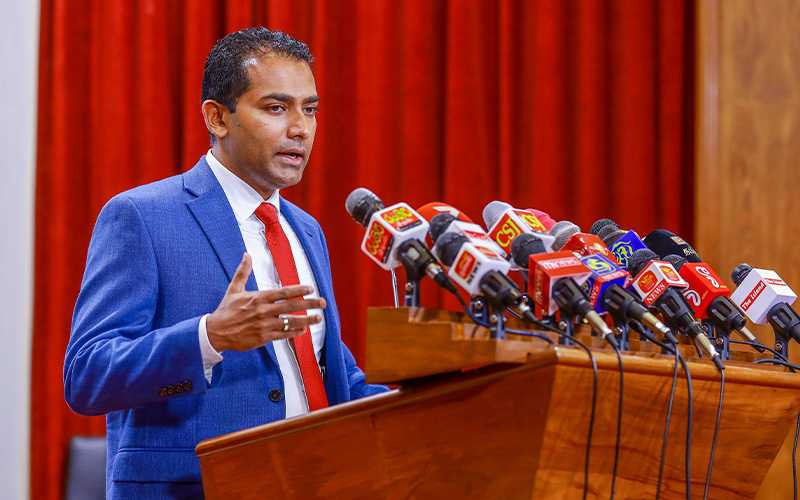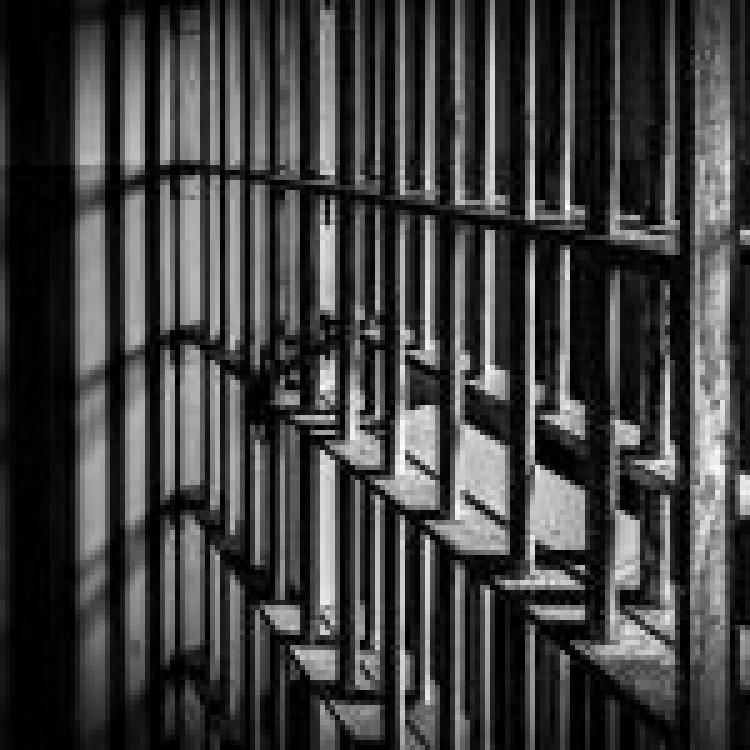
Sri Lanka is spending Rs. 4 Billion per year to jail more than 30,000 individuals, despite the maximum capacity of its prison being only 12,000, State Minister of Justice and Prison Affairs Anuradha Jayaratne admitted to reporters in Colombo last month, stating his government was now looking into enacting house arrests instead.
“There has been a focus on exploring the house arrest concept as an alternative to traditional punishment periods,” said Jayaratne. “Minister of Justice, Wijedasa Rajapakshe has obtained cabinet approval for this initiative, which is now in the process of being translated into law. This legislation should be enacted in 2024.”
He added that the house arrest approach “is seen as a potential solution to address issues such as prison overcrowding and resource allocation for inmates”.
A recent government audit based on data collected between 2015-2022 notes that Sri Lanka’s prison capacity has been exceeded by 232%. The report is based on data collected between 2015 and 2022.
The publication did not capture the recent arrests following the Sri Lankan government's anti-narcotics crackdown, in which tens of thousands of arrests have been made. Operation Yukthiya has drawn condemnation from the United Nations.
Jayaratne also told reporters that collaborative initiatives have been launched with the Ministry of Health.
“As a result, the Ministry of Health has consented to transfer Mantheevu islet, a part of Batticaloa, previously designated for communicable diseases to the prison department,” he said.
“It is expected to be used for rehabilitation and agricultural purposes.”


